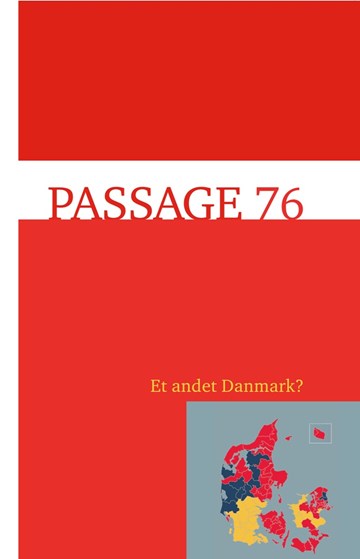Dansk identitet i moderne lyrik
DOI:
https://doi.org/10.7146/pas.v31i76.25227Resumé
Peter Stein Larsen: “Danish Identity in Modern Poetry”
The article examines how Danish identity has been expressed in poetry. Since the 1960s, Danish poetry has had a tradition of a critical focus on national identity. This tradition of ‘interaction poetry’ has a polyphonic enunciation, a style influenced by spoken language and an ironic perspective on Danish identity. The tradition is distinct from the dominant symbolist and modernist tradition, where one can observe a monological enunciation, a high poetic style and an international perspective. A
special feature of the tradition of a critical focus on national identity is its ability to express an implied utopia of openness, empathy, equality and solidarity, despite the fact that the poems are ironic about Danish xenophobia, narrowness, pettiness, bureaucracy and lack of engagement in the world. The article investigates a number of poetry collections by Klaus Rifbjerg, Benny Andersen, Marianne Larsen, Henrik Nordbrandt, Maja Lee Langvad and Eva Tind Kristensen.
Downloads
Publiceret
Citation/Eksport
Nummer
Sektion
Licens
Forfattere, der publicerer deres værker via dette tidsskrift, accepterer følgende vilkår:
- Forfattere bevarer deres ophavsret og giver tidsskriftet ret til første publicering, samtidigt med at værket efter publiceringen er omfattet af en Creative Commons Attribution-licens, der giver andre ret til at dele værket med en anerkendelse af værkets forfatter og første publicering i nærværende tidsskrift.
- Forfattere kan indgå flere separate kontraktlige aftaler om ikke-eksklusiv distribution af tidsskriftets publicerede version af værket (f.eks. sende det til et institutionslager eller udgive det i en bog), med en anerkendelse af værkets første publicering i nærværende tidsskrift.
- Forfattere har ret til og opfordres til at publicere deres værker online (f.eks. i institutionslagre eller på deres websted) forud for og under manuskriptprocessen, da dette kan føre til produktive udvekslinger, samt tidligere og større citater fra publicerede værker (se The Effect of Open Access).





